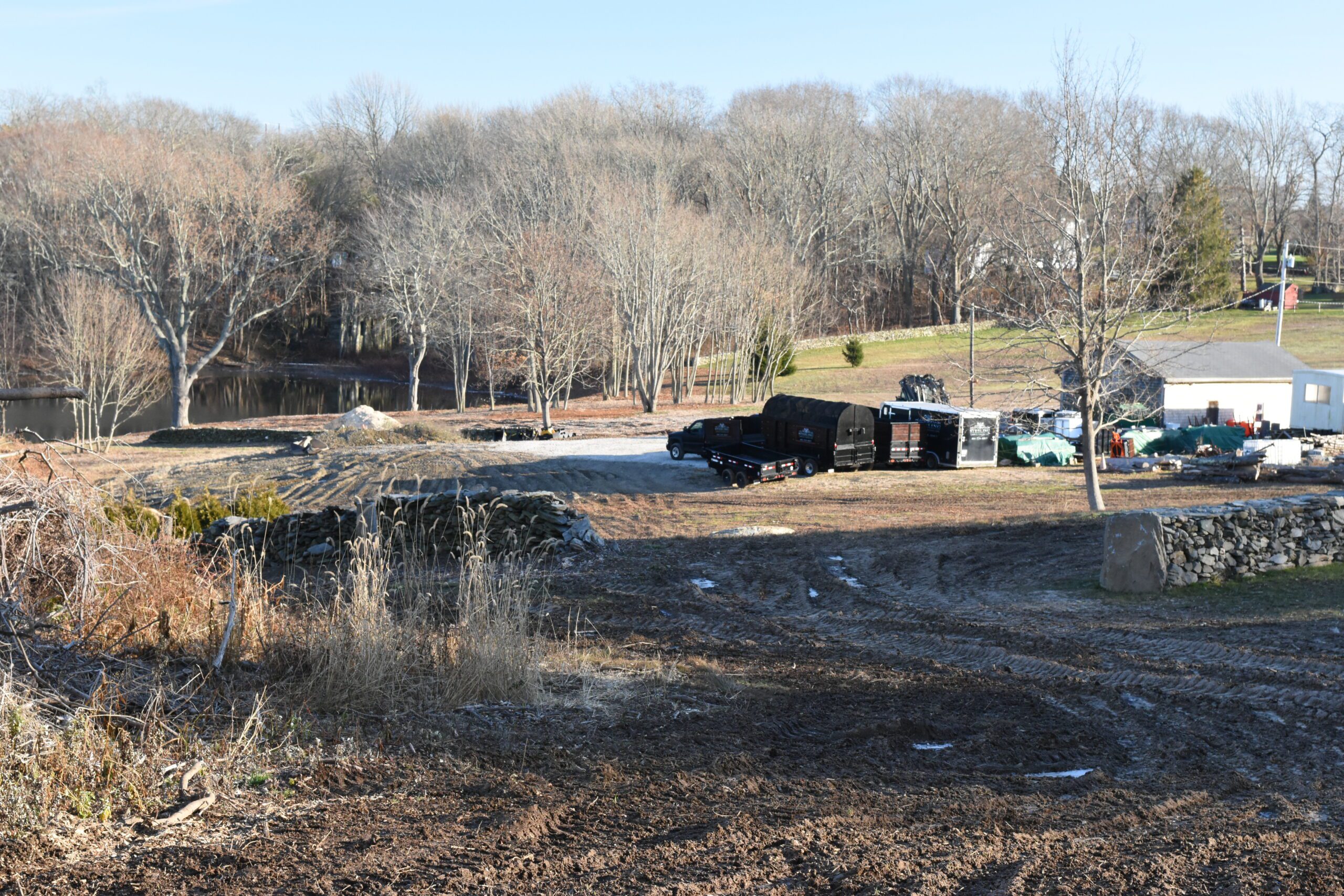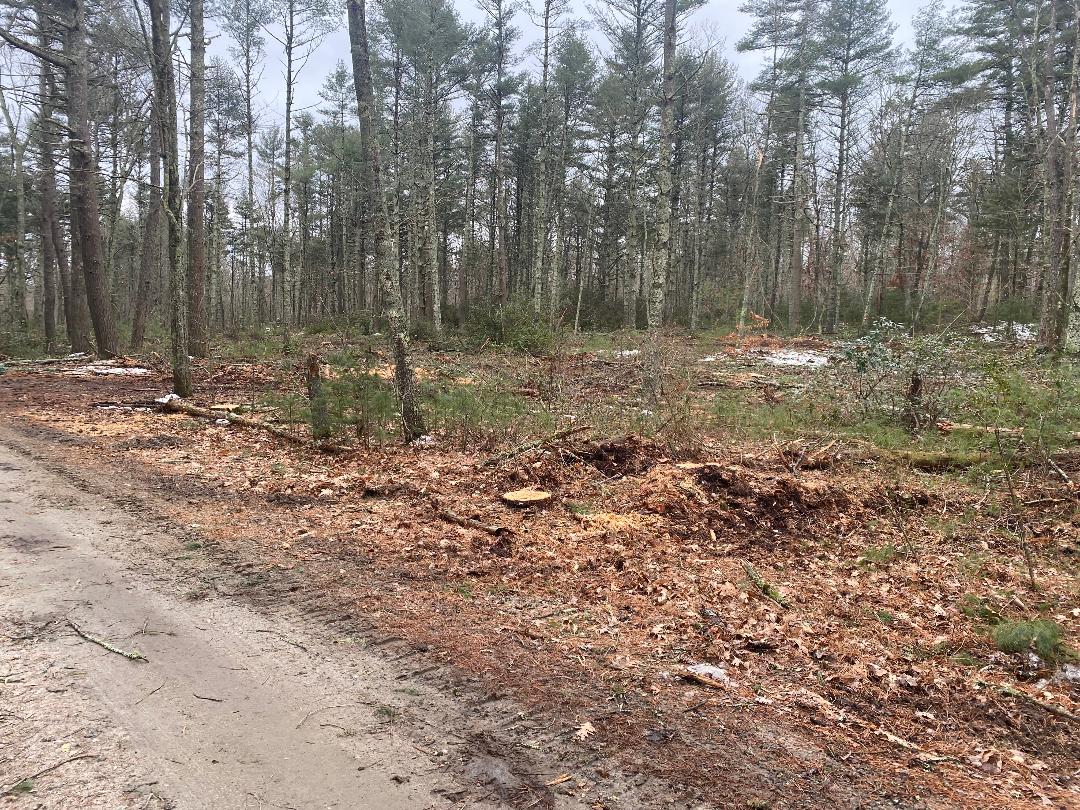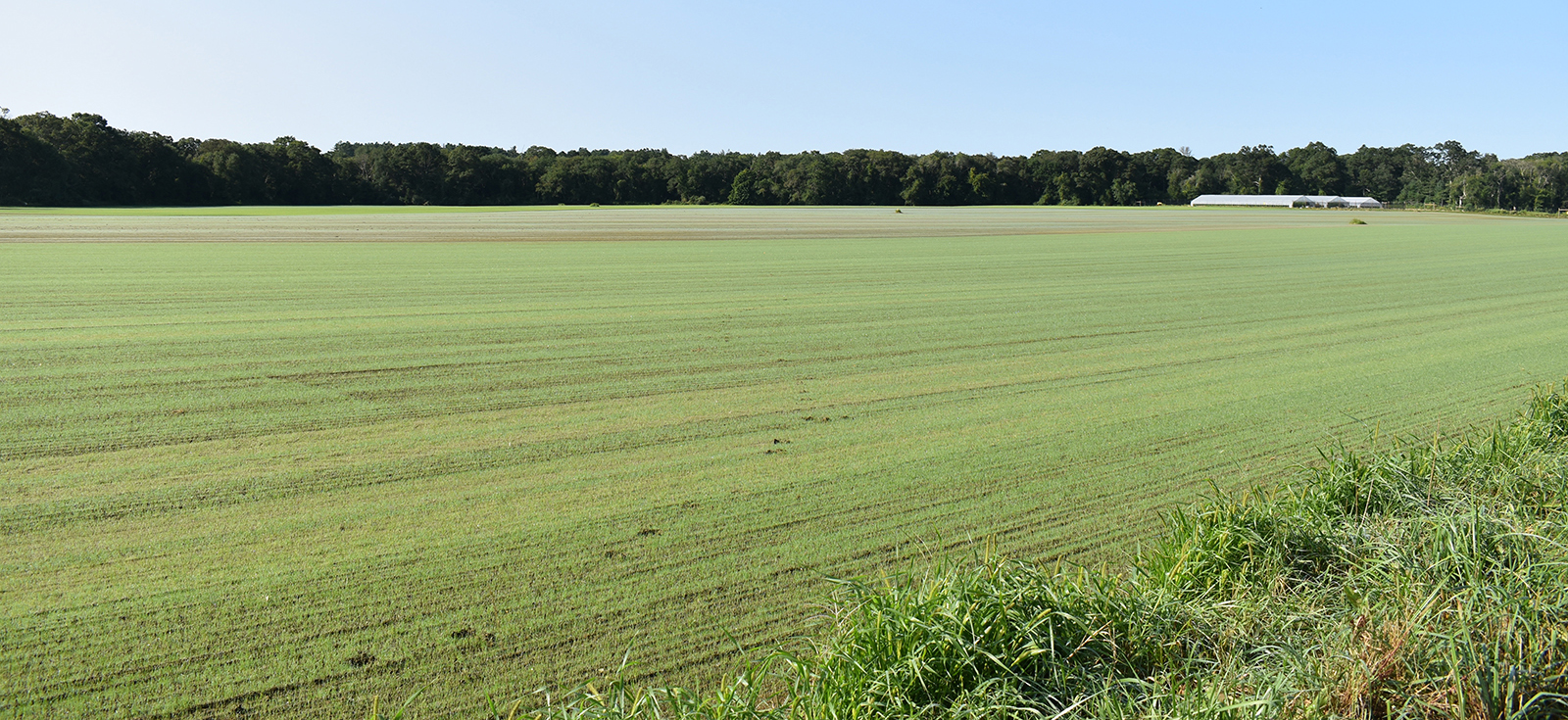No Laws Broken in Controversial Cumberland Wetlands Proposal by Governor’s Chief of Staff
Attorney general says Anthony Silva exercised “very poor judgment” in his actions while serving as a public official
July 22, 2022
PROVIDENCE — Rhode Island Attorney General Peter Neronha announced the conclusion of the state investigation into a controversial wetlands development proposal in Cumberland. Anthony Silva, the former chief of staff to Gov. Dan McKee, was found to have broken no laws, according to a final report released by the attorney general’s office this week, but did exercise “very poor judgment” in his actions while serving as a public official.
“As a person with power, he should have distanced himself from the matter before a state agency in which he had a personal interest, whether he had the authority to control the ultimate outcome or not,” wrote Neronha in the report.
The report concludes the 10-month investigation — opened last August at the governor’s request — by the attorney general’s office and State Police after town officials and neighbors in Cumberland called foul on a wetlands alterations permit awarded to a property connected to Silva.
Investigators found Silva violated no state ethics rules or broke bribery or extortion laws in his capacity as a public official lobbying the Rhode Island Department of Environmental Management (DEM) and Cumberland town officials. The bulk of the lobbying, according to the attorney general’s report, occurred during Silva’s time as chief of staff to the lieutenant governor. Despite the lieutenant governor being an executive officer of the state, Silva would have been in no position of authority over DEM or the town of Cumberland.
Despite clearing Silva of criminal charges, investigators strongly criticized his conduct throughout the affair. “The picture that all this paints is one consistent with what many Rhode Islanders believe happens routinely,” wrote the attorney general. “A government insider who, because of his position as the Lieutenant Governor’s Chief of Staff, was able to have the ear of top DEM officials and put his Application on their radar screen.”
The 5,600-square-foot undeveloped property in question, wedged between two homes and mowed lawns on quiet Canning Street, is overgrown with trees covering the view of the wetland surface beneath. Any development or changes to the wetlands would require DEM approval.
Silva entered into a purchase and sale agreement with property owner Joan Mooney for the sum of $45,000 in 2017. Later amendments to the agreement would lower that to a final purchase price of $17,500, on April 20, 2020.
The attorney general’s report notes that on its own, the parcel at 45 Canning St. is not worth much as undeveloped swampland, as it sits at the lowest point in the area and serves as a receptacle for stormwater runoff for much of the neighborhood.
“By securing a permit to significantly alter the wetlands, however, Mr. Silva stood to substantially increase the value of the property,” wrote Neronha in the report.
The first of two wetlands permit applications — both filed under Mooney’s name, not Silva’s — was filed in 2018. Silva lobbied DEM and Cumberland town officials heavily during the process “in an attempt to advance the DEM regulatory approval process” according to the report.
DEM director Terry Gray, at the time serving as deputy director, told investigators it was not unusual for him to be contacted by people inquiring about the status of their applications, but that Silva had contacted him “a lot.”
“I mean it’s one thing if somebody calls you and asks the status, you give them the status and then they move on,” Gray told investigators. “It’s another thing if they call you again and again, want to know the status, want to get advice.”
Cumberland town planning director Jonathan Stevens submitted letters opposing the development in November 2019 and April 2021, arguing the project would disrupt the existing drainage system and negatively impact an area already known for chronic flooding.
The objections raised by the neighbors and town officials required the application to have a public hearing, unless Silva resubmitted the application having addressed some of the objections. A second wetlands application was filed, again under Mooney’s name, in November 2020 and approved by DEM in June 2021.
A little over a month later, on July 14, Silva’s son Ross Silva bought the property for the agreed-upon price, and later pledged to donate the parcel to the town “to be preserved in perpetuity as open space.”
DEM declined to comment for this article.




While he may not have appeared to be in a position to influence, you can bet that everyone involved knew exactly who they were dealing with. Once in a position like this in Rhode Island all concerned know they will have to deal with them again at some point. They never go away, they just rise higher in the food chain while acquiring more power and influence. This is just so typical of what has always been the case in this state.